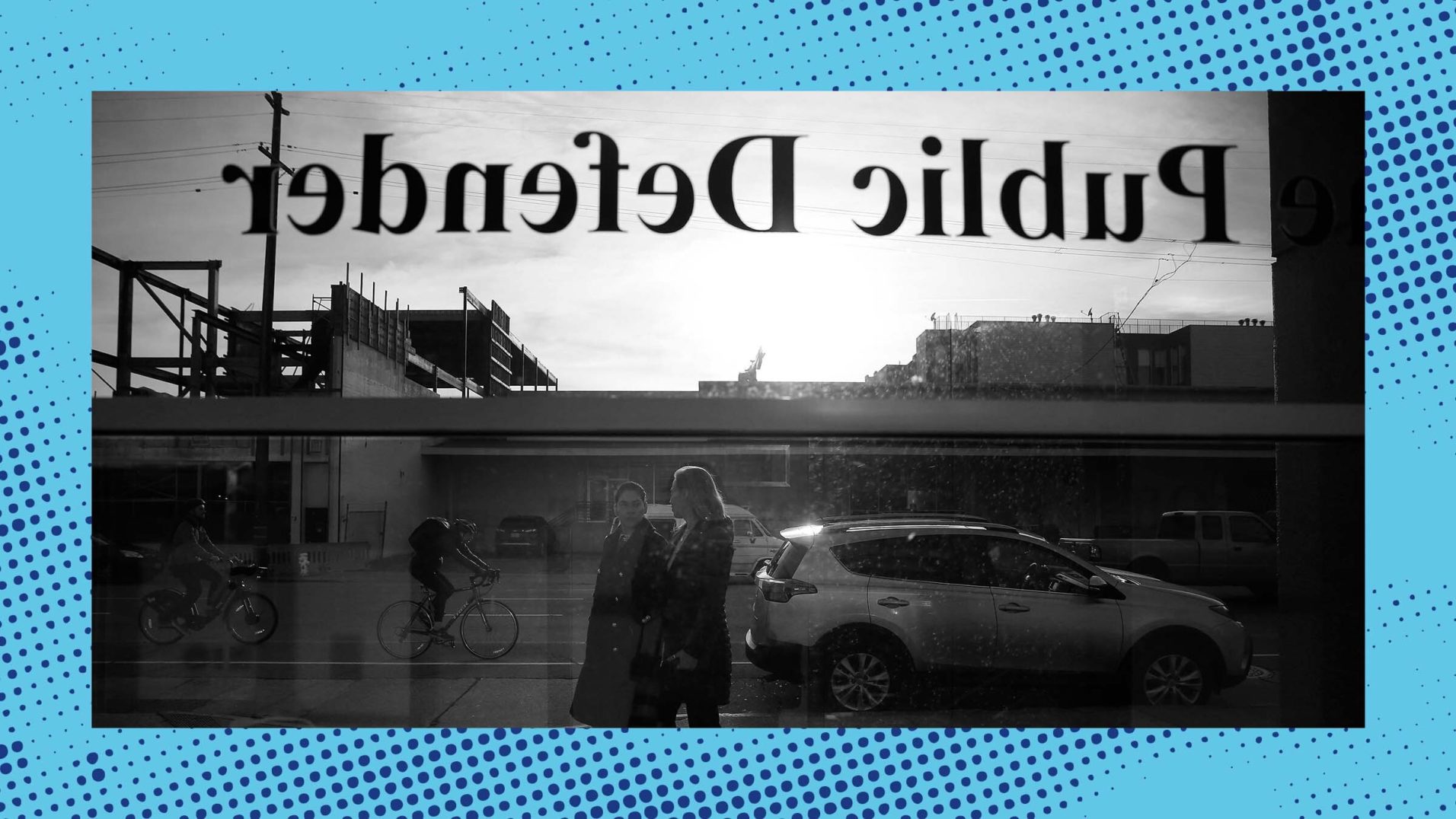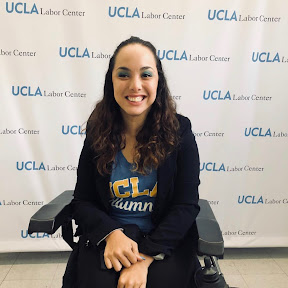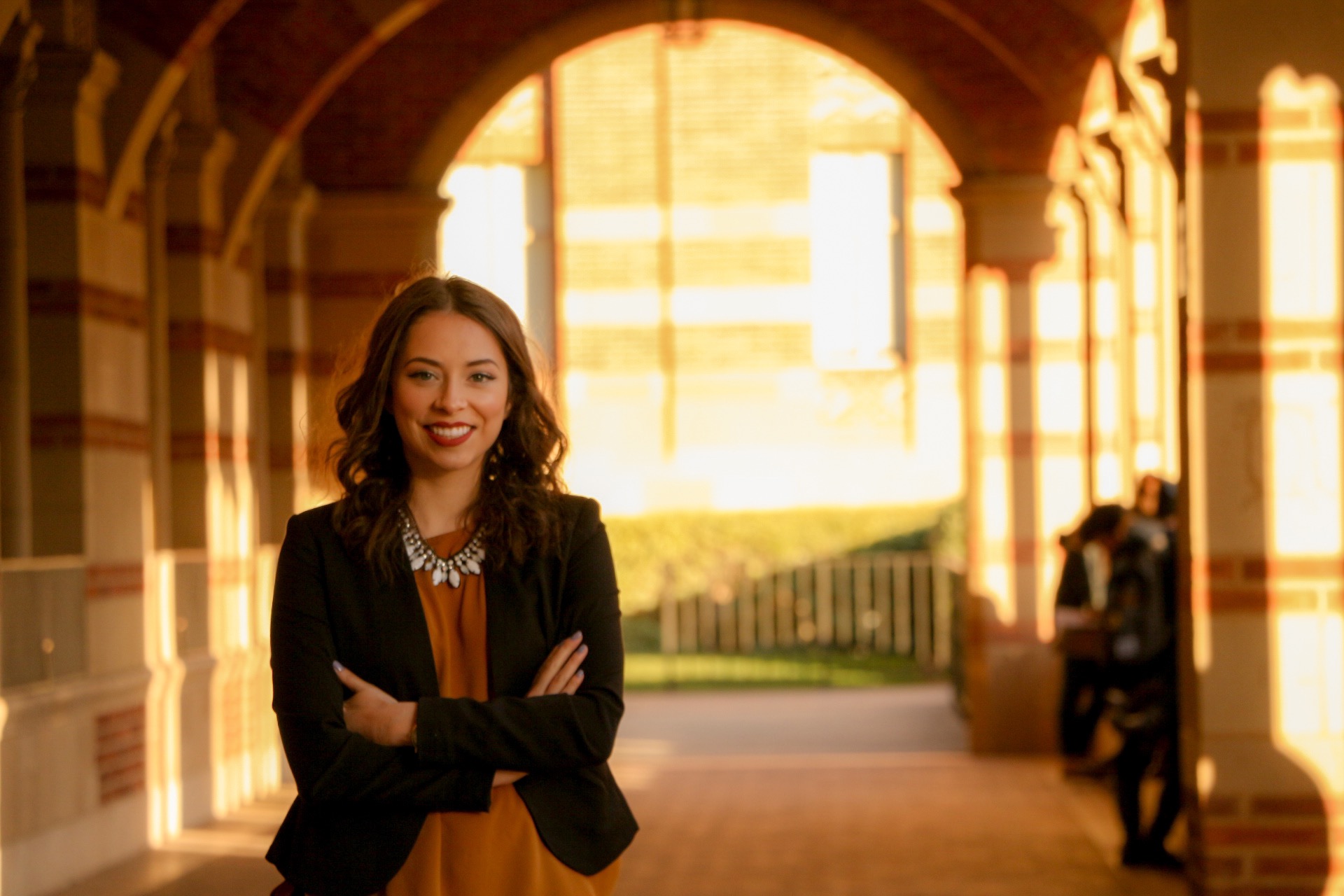Why do they want to erase Black History Month?
Say It Louder
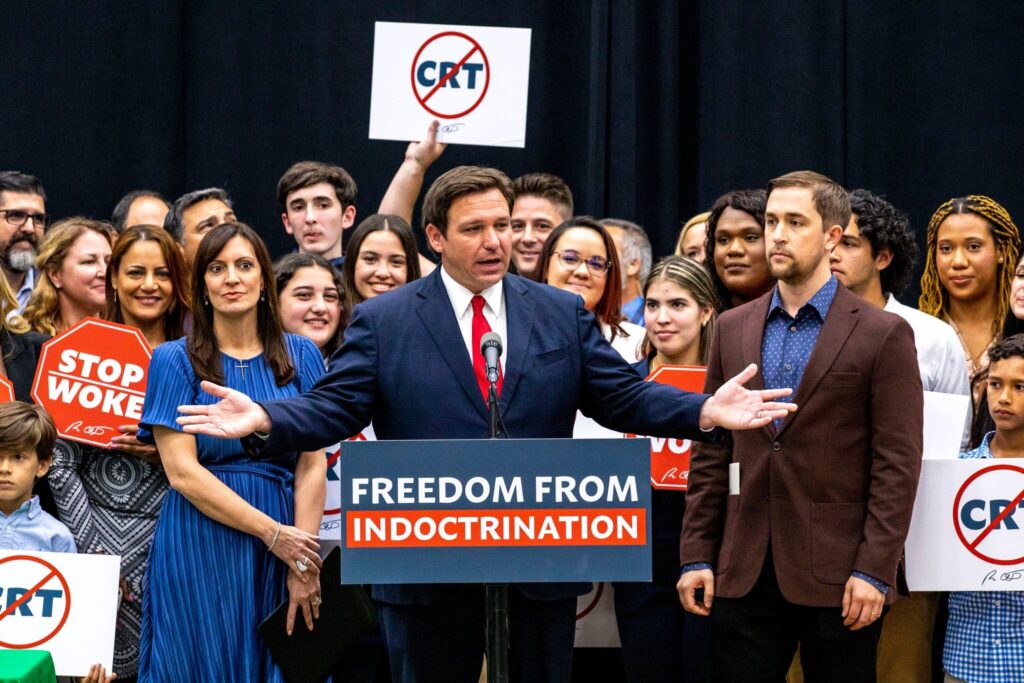
Janai Nelson is the president and director-counsel of the Legal Defense Fund (LDF).
An unrelenting assault on truth and freedom of expression in the form of laws that censor and suppress the viewpoints, histories and experiences of historically marginalized groups, especially Black and L.G.B.T.Q. communities, is underway throughout the country, most clearly in Florida. The state’s Department of Education recently rejected a pilot Advanced Placement African American studies course from being offered in Florida’s public high schools.
Under Gov. Ron DeSantis’s “Stop WOKE” law — which would limit students and teachers from learning and talking about issues related to race and gender — Florida is at the forefront of a nationwide campaign to silence Black voices and erase the full and accurate history and contemporary experiences of Black people. The NAACP Legal Defense and Educational Fund Inc., the American Civil Liberties Union, the A.C.L.U. of Florida and Ballard Spahr filed a lawsuit on behalf of university professors and a college student opposing the “Stop WOKE” law and, along with a second lawsuit, won a preliminary injunction blocking Florida’s Board of Governors from enforcing its unconstitutional and racially discriminatory provisions at public universities.
Read the story on NY Times
Put a Public Defender on the 9th Circuit
More of This

Kara Hartzler is an attorney at the Federal Defenders of San Diego, Inc.
Judge Paul Watford recently announced he’ll be leaving the Ninth Circuit Court of Appeals, creating a new vacancy on the country’s largest federal appellate court. His departure gives President Joe Biden a chance to remedy one of the federal judiciary’s most glaring oversights: More than 140 years after its establishment, the Ninth Circuit has never had a public defender among the ranks of its judges.
The Ninth Circuit is massive. It covers nine U.S. states and two territories and handles nearly a quarter of all federal appeals—far more than any other federal appellate court. Criminal cases, combined with habeas corpus and prisoner appeals, make up about a third of its docket. Yet none of the 116 judges in the Ninth Circuit’s history has ever brought public defense experience to the job. By contrast, 46 of the judges in its history—nearly 40 percent—have been prosecutors or worked for law enforcement.
While the Ninth Circuit’s ratio of prosecutors to defense attorneys is among the most lopsided of any circuit court, it’s not unique. A 2020 report revealed that only about 1 percent of all federal appellate judges spent the majority of their careers as public defenders or legal aid attorneys.
Read the story on Balls & Strikes.
Balls & Strikes publishes original commentary about courts, the judges who preside over them, and the legal system they uphold.
Conservative judges keep inventing facts
Less of This
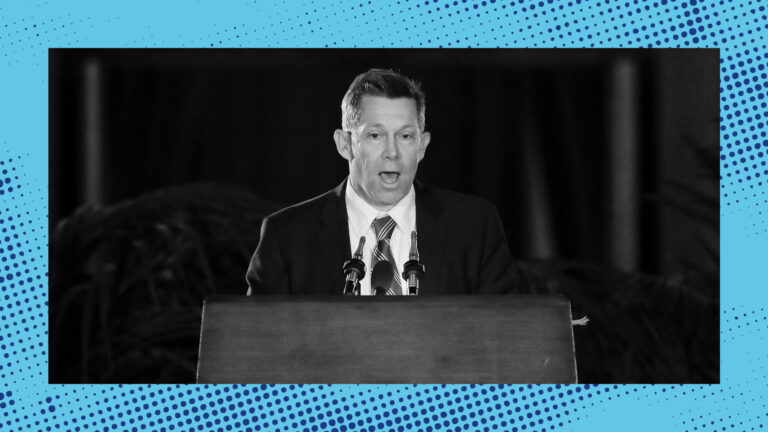
Lisa Needham is an attorney and writer.
The hot new trend in conservative judicial activism is judges simply ignoring facts when they don’t support a preferred result.
The latest data point for this phenomenon is Sisters for Life. v. Louisville-Jefferson County, which the Sixth Circuit Court of Appeals decided late last month. In that case, Kentucky anti-choice activists who call themselves “sidewalk counselors” sued the government of Louisville-Jefferson County after it passed a buffer zone law affecting the EMW Women’s Surgical Center in Louisville. This type of law is designed to prevent people from blocking entrances to medical facilities, particularly abortion clinics. Although anti-choice activists contend that buffer zones violate their First Amendment free speech rights, courts have long held buffer zones to be constitutional, provided that they comply with certain size limits.
Read the story on Balls & Strikes
Balls & Strikes publishes original commentary about courts, the judges who preside over them, and the legal system they uphold.
The police cannot be a law unto themselves
Perspective

In 2020, during the weeks of protest and civil unrest that followed the murder of George Floyd at the hands of a Minneapolis police officer, I argued that the problem of police violence and misconduct was a problem of democracy. And this week, in the wake of yet another police killing caught on camera, I think it’s worth saying, again, that the institution of American policing lies outside any meaningful democratic control.
You can think of accountability for public institutions in two ways: on the back end and on the front end.
Back-end accountability takes place, as the name would suggest, after the fact. It is aimed at making sure that the rules were followed. In the context of policing, this means civilian review boards, officer discipline and judicial review. Back-end accountability provides recourse for misconduct.
Read the story on NY Times
Pathways to Law Summit
February 10-11

The Annual Pathways to Law Summit provides an opportunity for law practitioners, educators and students to come together and exchange strategies, make connections, and participate in panels and other activities that help promote diversity in the legal profession.
Register




